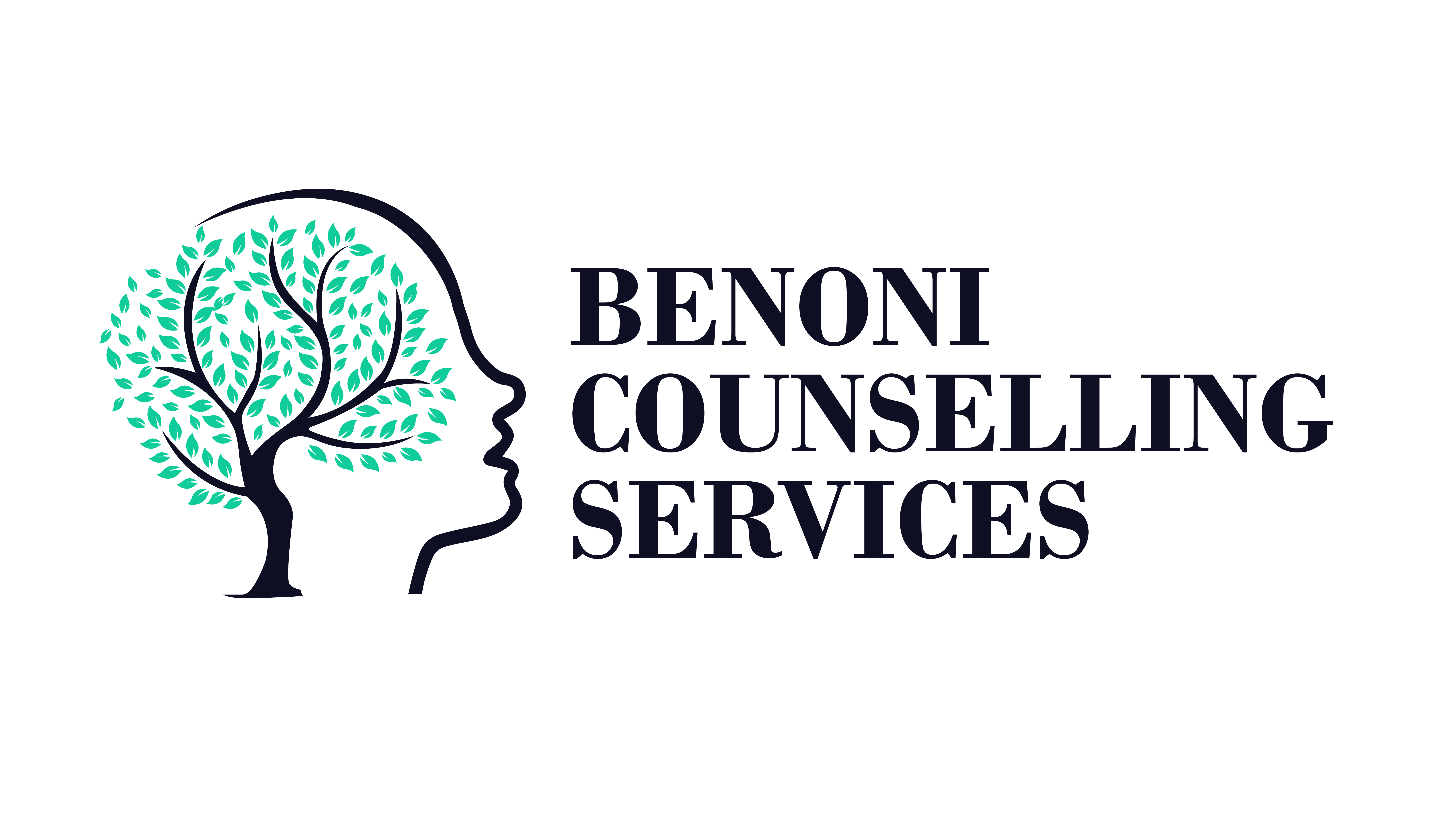Recognizing Coercive Control and Finding Support
Experiencing coercive control in a relationship can be confusing, isolating, and emotionally draining. At Benoni Counselling Services, Christopher Harper, a highly qualified psychologist, provides compassionate support to help individuals identify abuse, regain autonomy, and rebuild their confidence.
What Is Coercive Control?
Coercive control is a pattern of psychological, emotional, and sometimes financial manipulation that one partner uses to dominate another. It can include:
-
Isolating you from friends and family
-
Controlling finances or access to resources
-
Undermining your self-esteem through criticism or threats
This form of abuse often occurs gradually, making it difficult for victims to recognize until serious harm has occurred.
Signs You May Be Experiencing Coercive Control
Recognizing coercive control is the first step toward seeking help. Common signs include:
-
Feeling constantly anxious, fearful, or on edge
-
Experiencing guilt or shame about your actions or decisions
-
Difficulty making decisions independently
-
Persistent criticism or blame from your partner
-
Social isolation or being prevented from seeing loved ones
How Therapy Can Help
Therapy for abuse in Benoni with Christopher Harper focuses on empowering clients to reclaim their lives. Therapy can:
-
Provide a safe space to explore experiences without judgment
-
Teach coping strategies for anxiety, fear, and stress
-
Help rebuild confidence and self-esteem
Approaches Used at Benoni Counselling Services
Christopher Harper utilizes evidence-based approaches tailored to each client’s needs, such as:
-
Cognitive Behavioral Therapy (CBT) to challenge negative thought patterns
-
Trauma-informed therapy to address past and ongoing abuse
-
Mindfulness and grounding techniques to manage stress and anxiety
-
Safety planning and practical support to reduce immediate risks
Why Seek Therapy Early
Early intervention can significantly improve recovery outcomes. Seeking help promptly can:
-
Reduce the long-term psychological impact of abuse
-
Prevent escalation of controlling behaviors
-
Restore independence and personal agency
-
Reconnect with support networks
Supporting Loved Ones
Friends and family play a critical role in supporting someone experiencing coercive control. You can help by:
-
Listening without judgment
-
Encouraging therapy or professional support
-
Educating yourself about signs of abuse
-
Offering practical support in safe, manageable ways
Building a Safer Future
At Benoni Counselling Services, Christopher Harper is committed to helping individuals navigate the journey from coercion and control to self-empowerment. Therapy helps clients:
-
Rebuild trust in themselves and others
-
Identify and set healthy boundaries
Take the First Step Toward Healing
If you or someone you care about is experiencing coercive control, know that help is available. Christopher Harper and the team at Benoni Counselling Services provide confidential, compassionate support to guide you toward safety and emotional wellbeing.
Reach out today to schedule a consultation or begin your journey toward recovery.

